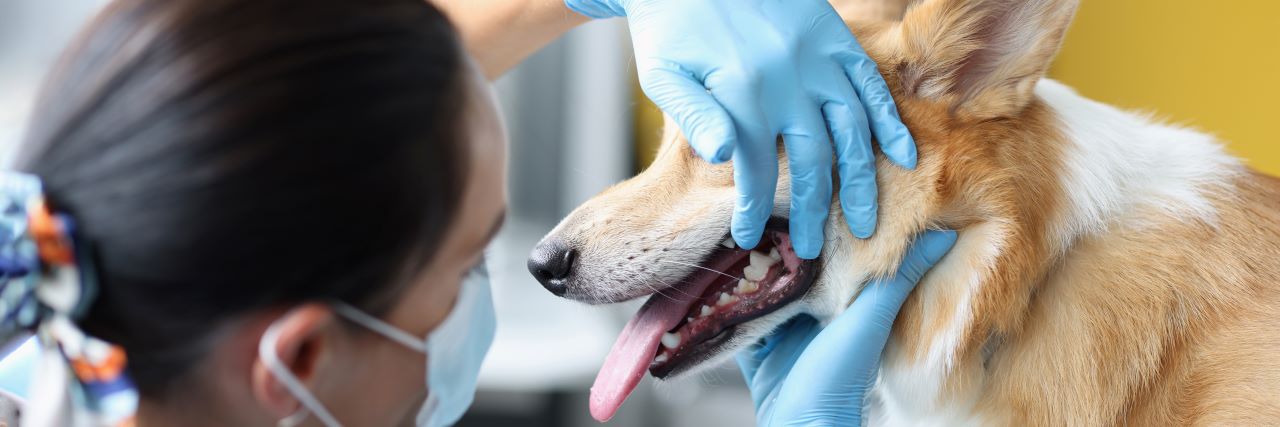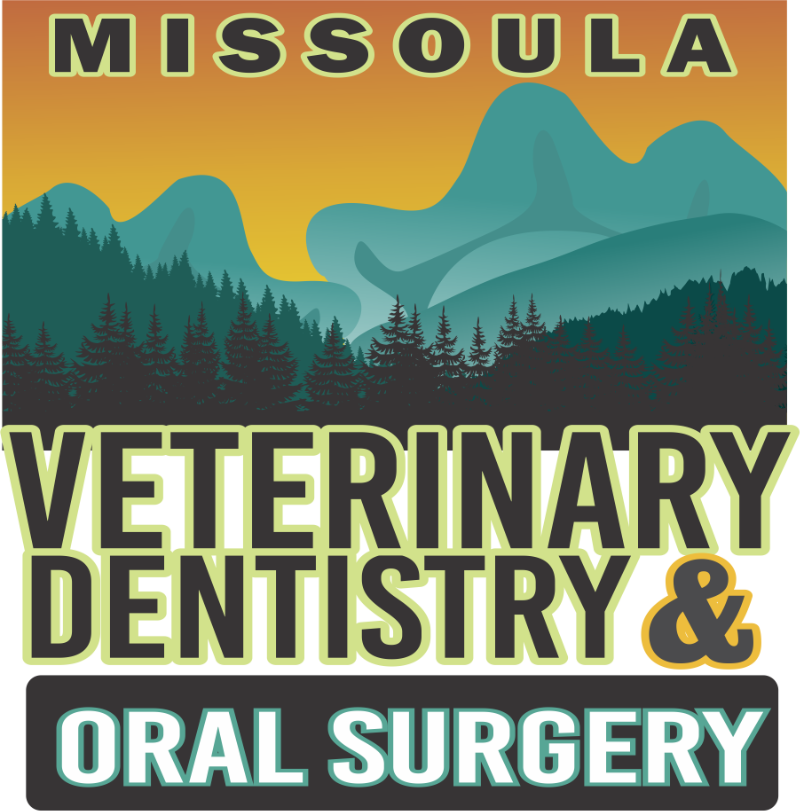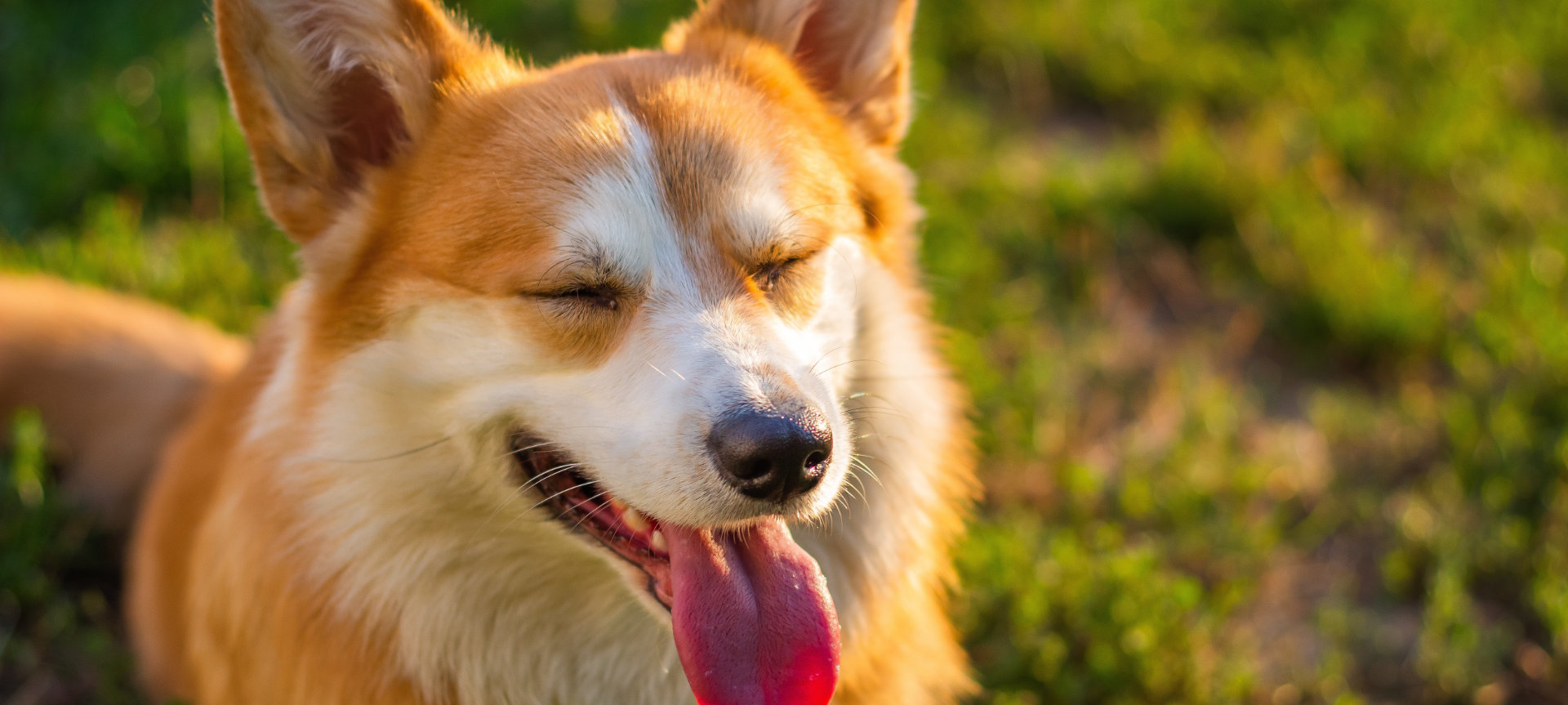
03 Nov Why do we need general anesthesia for dental care in pets?
General anesthesia is a topic that often raises concerns among pet owners. It’s natural to worry about your pet’s safety and well-being during a procedure that involves anesthesia. So, why do we often need general anesthesia for dental care in pets?
Your pet’s oral health plays a vital role in their overall well-being. Just as we need regular dental check-ups and procedures to maintain healthy teeth and gums, our four-legged friends require similar care. In this blog post, we’ll explore the reasons behind this crucial aspect of pet healthcare, demystifying the process and ensuring you have the information you need to make the best decisions for your family.
Ensuring Safety and Comfort
While dental procedures in humans often take place with local anesthesia and the patient’s cooperation, pets have a different perspective. They can’t understand the necessity of the procedure, remain still, or follow instructions.
General anesthesia allows us to ensure your pet’s safety and comfort during the dental procedure. They won’t experience pain, fear, or anxiety, and our veterinary team can work with precision, efficiency and care to address all their dental needs.
Comprehensive Evaluation
Dental issues in pets can be complex, and they often involve not just what’s visible on the surface but also what’s happening beneath the gumline. Using general anesthesia, we can conduct a thorough oral examination, which includes:
- Dental radiographs (X-rays) or cone-beam CT: To assess tooth roots, identify hidden problems, and make informed treatment decisions.
- Scaling and polishing: To remove plaque and tartar, preventing future problems that often start with gingivitis.
- Treatments, both surgical and non-surgical: If necessary, to treat diseased or damaged teeth and prevent further pain or complications.
- Pain Management: General anesthesia not only ensures your pet’s comfort during the procedure but also allows us to provide effective pain management. We take pain management seriously, and this includes administering appropriate medications before, during, and after the dental procedure to minimize any discomfort.
Expertise Matters
When it comes to your pet’s dental care, seeking a veterinary specialist with extensive experience in anesthesia and oral surgery is essential. An expert has the knowledge and skills to tailor the anesthetic protocol to your pet’s specific needs, minimizing risks and ensuring a smooth and safe procedure.
The necessity of general anesthesia for dental care in pets ultimately stems from our commitment to your pet’s safety, comfort, and well-being. While concerns are understandable, it’s important to trust the expertise of your veterinary dentist. Their experience, knowledge, and commitment to your pet’s health ensure that any dental procedure, under general anesthesia, will be carried out with the utmost care and precision.
Your pet’s dental health is a critical component of their overall quality of life, and by understanding the reasons behind general anesthesia, you can make informed decisions to provide the best care for your pet.
Helpful links about general anesthesia for pet dental care:
https://www.aaha.org/your-pet/pet-owner-education/ask-aaha/Anesthesia-and-Dental-Cleaning/



